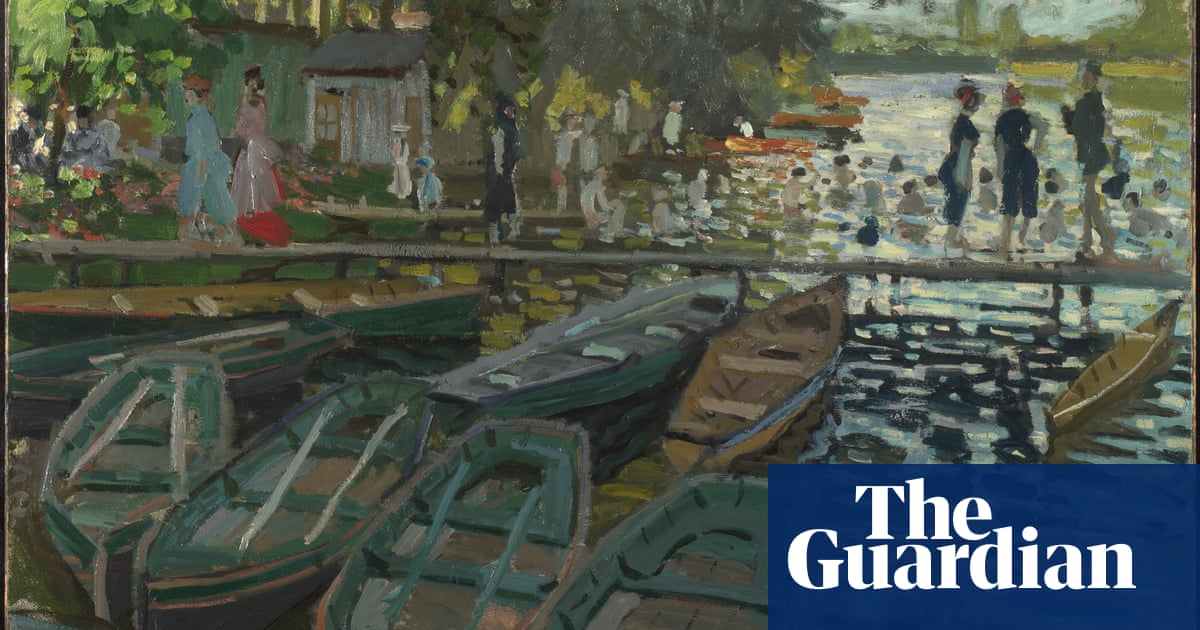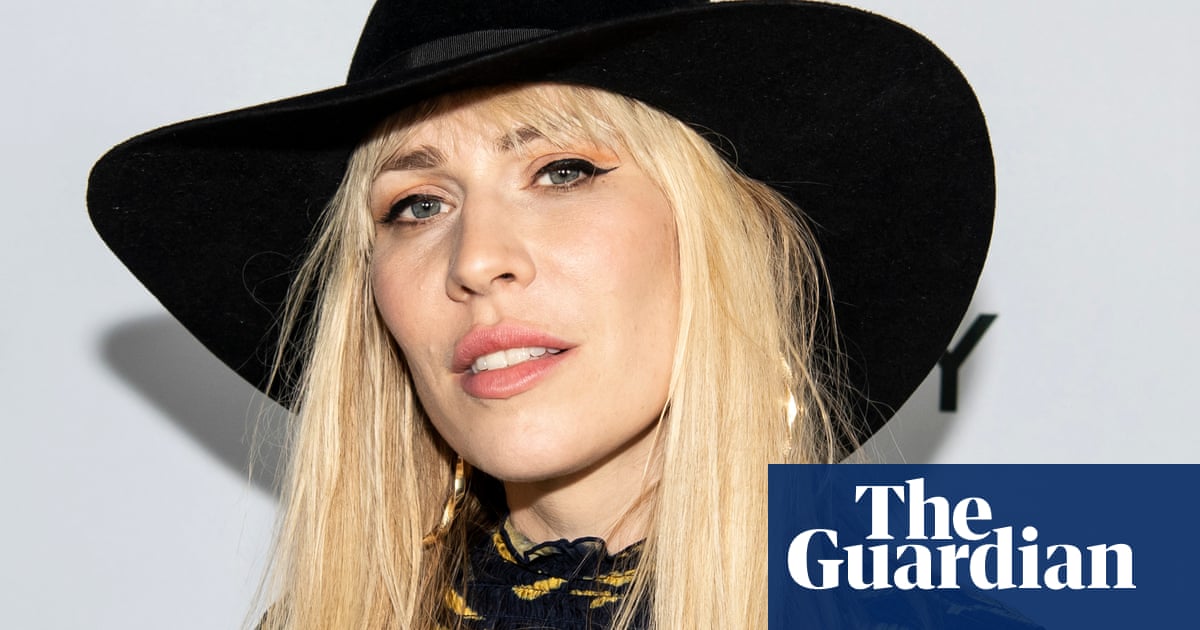
From Noname’s new single to Bruegel’s vision of a lost world, our critics offer up culture for processing the impending crisis
Anime magic … Princess Mononoke.
Anime magic … Princess Mononoke. Photograph: Moviestore/Shutterstock
Jenessa Williams, Sam Jordison, Ryan Gilbey, Jonathan Jones and Keza MacDonald
Mon 7 Feb 2022 10.00 GMT
Film
Environmental concerns have motivated the animation giant Studio Ghibli since its salad days: Nausicaä of the Valley of the Wind (made pre-Ghibli but now absorbed into its canon) and Pom Poko are among those which imagine climate disaster. The studio reached a peak of cinematic sophistication with Princess Mononoke, Hayao Miyazaki’s 1997 fable about a dying prince drawn into the struggle between nature and civilisation in ancient Japan. Humans battle gods; limbs and heads are severed. Meanwhile, the placid kodama (tree spirits) look on. Their naive, ghostly faces rotate slowly, accompanied by a tick-tick-ticking sound like time running out. Ryan Gilbey
Rappers anonymous … Noname performs onstage in Texas.
Rappers anonymous … Noname performs onstage in Texas. Photograph: Rick Kern/WireImage
Music
Equal parts rapper and digital-age activist, Chicago’s Noname has frequently used her work to be outspoken about social issues. With her jazzy-yet-sombre 2021 single Rainforest, she critiques billionaire capitalism, consumerism and anti-Blackness as a young radical, desperately trying to make change while also wanting to cling to some remaining sense of pleasure in a world on fire: “A rainforest cries / Everybody dies a little / I just wanna dance tonight”. A sentiment to which many of us can relate, it is a climate crisis anthem that points its fingers in some pretty shrewd directions. Jenessa Williams
Weather girl … Mary Shelley’s book The Last Man.
Weather girl … Mary Shelley’s book The Last Man. Photograph: -
Book
When it was first published in 1826, Mary Shelley’s The Last Man did not get the favourable notices of her earlier novel Frankenstein. It was derided as the product of a “diseased” imagination, perhaps that was because the premise seemed far-fetched. After all, who could possibly believe in a world where there was not only a global pandemic, but also climate meltdown and apocalyptic flooding? Now, of course, it feels eerily prescient, even if plenty of its other details are clearly stuck in the 19th century. It’s an wildly inventive and pioneering investigation into humanity’s precarious relationship with nature – and still more fascinating as it also provides a thinly veiled history of the author’s tragically deceased husband, the poet Percy Bysshe Shelley. Sam Jordison
It’s easy to pick up … the eco-friendly game Alba: A Wildlife Adventure.
It’s easy to pick up … the eco-friendly game Alba: A Wildlife Adventure. Photograph: ustwo games
Game
Advertisement
Climate breakdown is often used as set-dressing for post-apocalyptic stories, but few games have applied much creative thinking to what to actually do about the most pressing and terrifying issue of our times. But when it feels overwhelming, Alba: A Wildlife Adventure reminds us that even if we can’t personally stop the world’s corporate polluters, we can at least make a difference in our communities. Set on a Spanish island, this soothing, family-friendly game stars a little girl trying to stop a luxury hotel from being built on a wildlife reserve, photographing birds and picking up rubbish with admirable determination and idealism. Keza MacDonald
Coldprey … Hunters in the Snow by Pieter Bruegel.
Coldprey … Hunters in the Snow by Pieter Bruegel. Photograph: Alamy
Art
This is what winter looked like, once – a world swathed in snow and ice, from the thick white village street to distant frozen mountains. It is a picture of a world we are losing all the time, as ice caps and Alpine glaciers recede and forest fires become more “normal” than snow globe winters. With Hunters in the Snow (1565), Pieter Bruegel painted the planet before industry, when people lived in nature and the climate was something that happened to us rather than being changed by us. Life may have been tough but it was also full of pleasure and wonder, as the skaters know. If the crisis isn’t reversed, this painting will be a monument to all we have destroyed. Jonathan Jones












